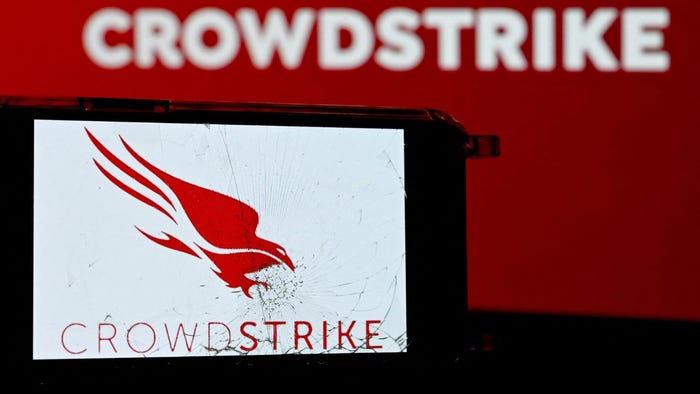How Slow Internet Is Holding Your City Back
Until there’s broadband for everyone, your city is falling short of its potential.
November 11, 2016

By Kevin Ebi
At Smart Cities Week in Washington, D.C., a panel of technology experts from Boston, Pittsburgh and San Antonio shared their progress toward ubiquitous broadband — and why you need to get started today in your city.
Why you need broadband for everyone
In Boston, more than 100,000 households don’t have broadband. But even people who have broadband on their smartphones aren’t getting the full benefits. Tiny data caps prevent them from taking full advantage of online learning programs, for instance. And many others can’t even get smartphones because of low income or poor credit history.
“Broadband is the same as power and water,” said Hugh Miller, chief technology officer for San Antonio. “If you don’t have it, you’re not going to advance families and communities.”
But even if you have broadband yourself, you can be impacted by those who don’t have it.
Debra Lam, Pittsburgh’s director of innovation, related a story of trying to buy a hot dog from a street vendor. She didn’t have cash. While he had a credit card processing app on his phone, he couldn’t use it, because he couldn’t get adequate wireless service.
“The technology was there, but the infrastructure wasn’t,” Lam said. “As a result, he probably lost out on a lot of customers.”
Lam said Pittsburgh is working hard to bridge the access gap and is focused on inclusiveness. The city’s broadband motto: “If it’s not for all, it’s not for us.”
So how do you get broadband for all?
There is no one approach. San Antonio has been laying its own fiber for more than a decade now and is exploring some small cell agreements to provide more options.
Pittsburgh, meantime, has been exploring Wi-Fi in parts and recreation centers, but hasn’t gotten the return on investment that it hoped. Usage has been surprisingly low, demonstrating that a data-driven approach is critical.
“One day, broadband will be the expectation for everybody,” Miller said. “You have to get creative in your own government to find ways to make this feasible. There are avenues. You have to get creative.”
Why you have to act now
The need for faster access is growing — everywhere. Miller says cities have to pay attention to rural areas as well as their downtown cores. Broadband benefits everyone, among other things, enabling applications like remote medicine and education in hard to reach areas.
We need broadband even more than we needed it last year. And next year, the needs will grow even more. Fail to keep up — or, better yet, get ahead — and there could be serious consequences.
“At some point, it is going to change the economy,” Miller said.
Boston created a new position to help ensure everyone gets the access they need. Anne Schwieger, the city’s first broadband and digital equity advocate, says it’s really about having the digital pipeline available to bring all the great ideas in the community to life.
“Until we get to ubiquitous gigabit, do we have the capacity to do the great ideas we have today?” she asked. “In order to try new things, we need more capacity than we have now.”
Kevin Ebi is editor of the Smart Cities Council’s publications. The Council works to help cities use technology to become more livable, workable and sustainable, and has announced challenge grants with the White House challenge to help five U.S. cities in that journey. Learn how to win one for your city athttp://grants.smartcitiescouncil.com.
You May Also Like






